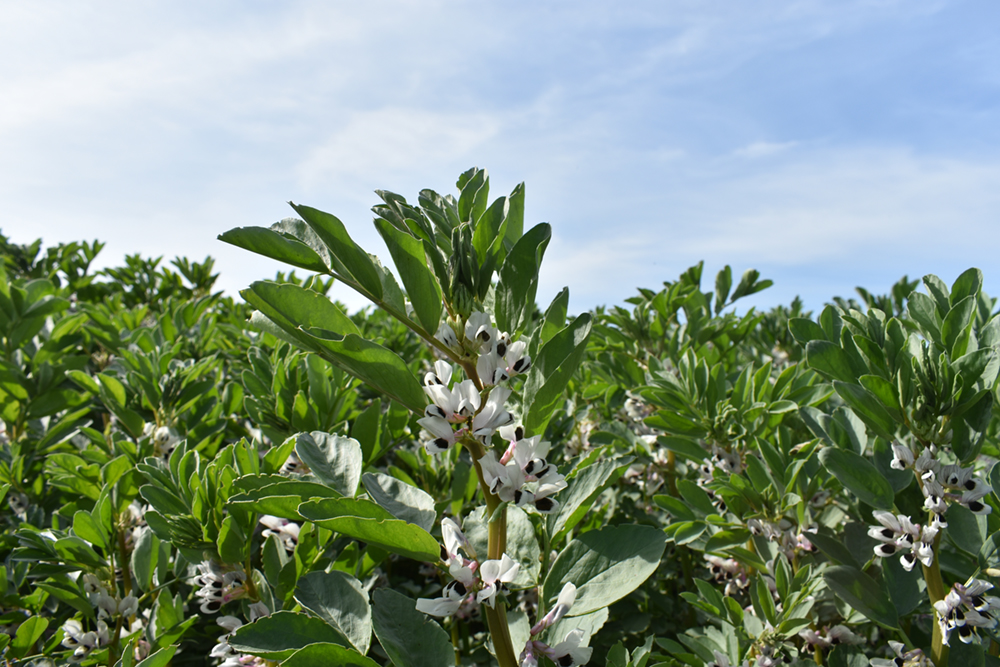

New genetic map of peas could drive major advances in sustainable agriculture
An international team of scientists has created a detailed genetic map of more than 700 varieties of peas, a breakthrough that could significantly accelerate the development of more sustainable, resilient, and nutritious crops.
The study, published in Nature, is being recognized as a major step forward for food security and climate-resilient farming. With plant-based protein demand growing and increasing pressure to reduce chemical fertilizer use, peas are gaining attention as a key crop for the future. As legumes, peas naturally fix nitrogen in the soil, which can help reduce dependence on synthetic fertilizers linked to environmental pollution and greenhouse gas emissions.
Dr Noam Chayut of the John Innes Centre, one of the project’s lead researchers, said the findings mark a major milestone in agricultural science.
"This is the biggest leap in pea genetics since Mendel," Chayut said. "The new genetic tools we’ve developed are already being used by breeders and companies to develop better varieties – ones that are more nutritious, more resilient, and more sustainable."
The project combined the sequencing and analysis of 62 terabytes of DNA data, identifying approximately 25.6 trillion genetic markers. Researchers created a detailed catalogue linking more than 70 traits to specific genes, covering characteristics such as disease resistance, pod shape, flower position, and color. Many of the traits mapped are the same ones Gregor Mendel tracked manually in the 1800s during his foundational experiments in genetics.
Professor Anne Ferguson-Smith, Executive Chair of the Biotechnology and Biological Sciences Research Council, emphasized the scientific significance of the work.
"The iconic pea plant experiments of Gregor Mendel laid the foundations for the discipline of genetics – a legacy that continues to shape discovery to this day," Ferguson-Smith said. "This remarkable study brings Mendel’s work into the 21st century, combining modern genomics with powerful bioinformatics to unlock an unprecedented resource for sustainable agriculture."
Ferguson-Smith added that the work highlights the value of long-term investment in foundational biosciences and international collaboration in addressing global challenges.
"As a geneticist, I’m excited by the scientific possibilities this work opens up – from deeper understanding of gene function to transformative advances in crop breeding," she said.
One of the most significant aspects of the project is the commitment to open access. The genetic data and the physical pea lines have been made freely available to researchers and plant breeders around the world. This approach is expected to accelerate crop improvement efforts, including the use of advanced technologies such as artificial intelligence-driven predictive breeding and gene editing.
Professor Noel Ellis, another lead author, said the discovery goes far beyond just improving pea varieties.
"This is not just about peas," Ellis said. "It’s about how we feed a growing population in a changing world – using less land, fewer chemicals, and smarter science."
Ellis noted that as global agriculture faces mounting challenges, the lessons drawn from Mendel’s original work continue to provide inspiration for modern solutions.
"With global agriculture facing urgent challenges, this discovery shows how the past can inspire the future and how a humble pea, once again, could reshape the world," he said.
If you have any questions or would like to get in touch with us, please email info@futureofproteinproduction.com

.png)






